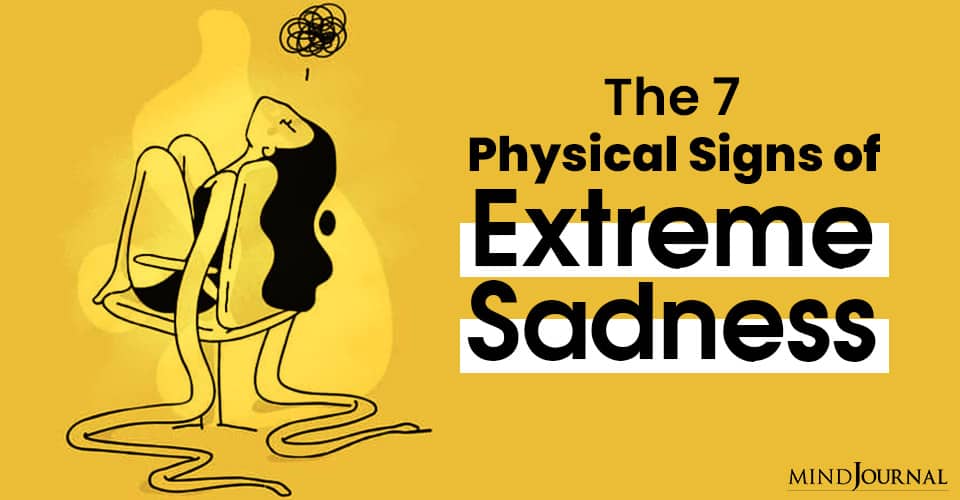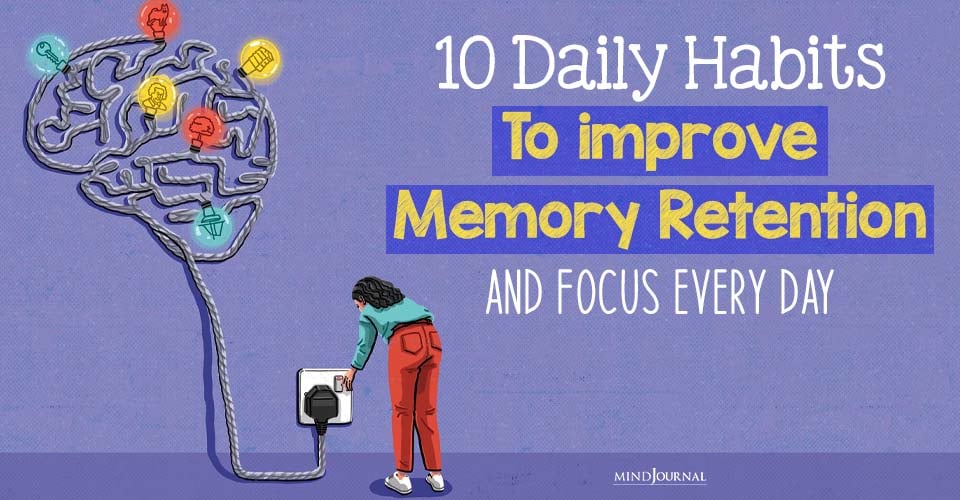The mental effects of being sad are well known to everyone. Your very soul feels like it is broken and you don’t feel like you have the mental energy to really apply your mind to any task. Your spirit is destroyed, you are low on energy and you prefer to spend time in solitude. But, do you know the physical signs of sadness?
When you remain sad for a long period, it also affects your physical health.
We generally view sadness as just an emotion but if it is prolonged and runs very deep, it will show itself in various ways.
The following are the symptoms you need to watch out for to figure out if your mental state is affecting your physical health.

1. Bad temper
When you have been sad for a long period, you don’t have the mental strength to deal with complicated issues and you don’t have the patience to make space for things that don’t really matter to you. You are mentally so exhausted that all you can do is talk about the issues that are the most urgent.
The consequence of this is that whenever someone brings up something you don’t think is important it irritates you to no end. You are so caught up with trying to break out of sadness that you don’t have the energy to discuss issues that will keep for a later date. The load you carry is very heavy and these things just seem to add on to it.
Read Osho on the Concept of Love and Self Love – some of his deepest Teachings
2. Weariness
You may not have much to do but you will still feel absolutely exhausted most of the time. It might seem like there is no obvious, rational explanation for why you are so tired. You might even be sticking to a balanced diet and a regular sleep schedule but none of this helps you get that boost of energy that you are searching for.
This could be because you are slowly being overwhelmed by sadness. The process is so gradual that it is not obvious even to your own mind. This results in an entrenched feeling of weariness which is not easy to get past. It will eat its way into your body and soon enough you won’t have the energy to even do the things you once loved.
3. Speaking very slowly
Most of the time, you won’t really feel up to having an intense discussion, especially if it is not a topic you don’t care about. Even normally, when you are in a situation wherein you are not in the mood to talk but it is essential that you do, you begin to speak in a very slow manner without pausing to think about how much time you’re taking to say even the simplest things.
The change in the way you speak is one of the important physical signs of sadness. You’ve lost much of the passion that you had before this so you don’t really want to talk about anything. It feels like you need too much energy to talk and you don’t have that sort of energy to spare.
4. An aching back
The spine is what keeps you propped up at all times. Consequently, this is one body part that comes under a lot of pressure when you are sad. All the stress and anxiety begin to accumulate within you and all that weight has to be supported by your spine which simply was not made to support such a heavy burden.
You will first feel the ache in your lower back and it will slowly rise all the way to your neck. You might try a lot of methods to soothe the ache but no physical cure will work because the ache is only there in your own mind.
5. Trouble sleeping

Rest is essential when you are trying to break out of intense sadness. You need to sleep enough and sleep well so that you have the energy to face stressful situations and to allow your body to heal itself from the damage that your mental state has caused.
Read 4 Ways Lack of Sleep Damages Your Love Life
When you are extremely sad, your sleep cycle becomes erratic and disorderly. You won’t be able to stay asleep for more than a couple hours and if you do manage to drop off you won’t feel like getting up after that. Moreover, you will wake up feeling just as tired as when you went to bed. It is not that you aren’t resting yourself. You are dealing with so much stress that your mind isn’t able to feel rested.
6. Your head is always aching
This is one of the first signs that your body will show when you become intensely sad. The burden of all that is going through your mind and the unhappiness that pervades through you have a detrimental effect on your cognition which leads to an aching head.
You will begin to feel an ache in your neck and it will gradually make its way up behind your head and take over the entirety of your skull. You might also end up losing a good deal of hair. You will feel like there is a weight on your head that is only growing heavier and heavier with each passing day but you are unable to get rid of it.
Read Spiritual Meanings Behind Physical Aches, Pains And Illnesses
7. Dragging your feet
Think about the manner in which you are walking when your mind is full of negativity. You are probably not walking very fast and your feet drag all the time. You don’t actually want to reach any destination but you have to walk anyway.
One of the most obvious symptoms that you are intensely sad, when you start dragging your feet, even the shortest of walks seems to go on and on. Usually, this is not the way that you would normally walk. It is an important sign and it should not be taken lightly. It is essential that you start looking for ways to bring yourself out of that feeling. Do not be ashamed to ask for help.
Can you relate to these physical signs of sadness?
The Minds Journal Articles Volume -1 is Copyright Protected vide Regd.# L-103222/2021











Leave a Reply